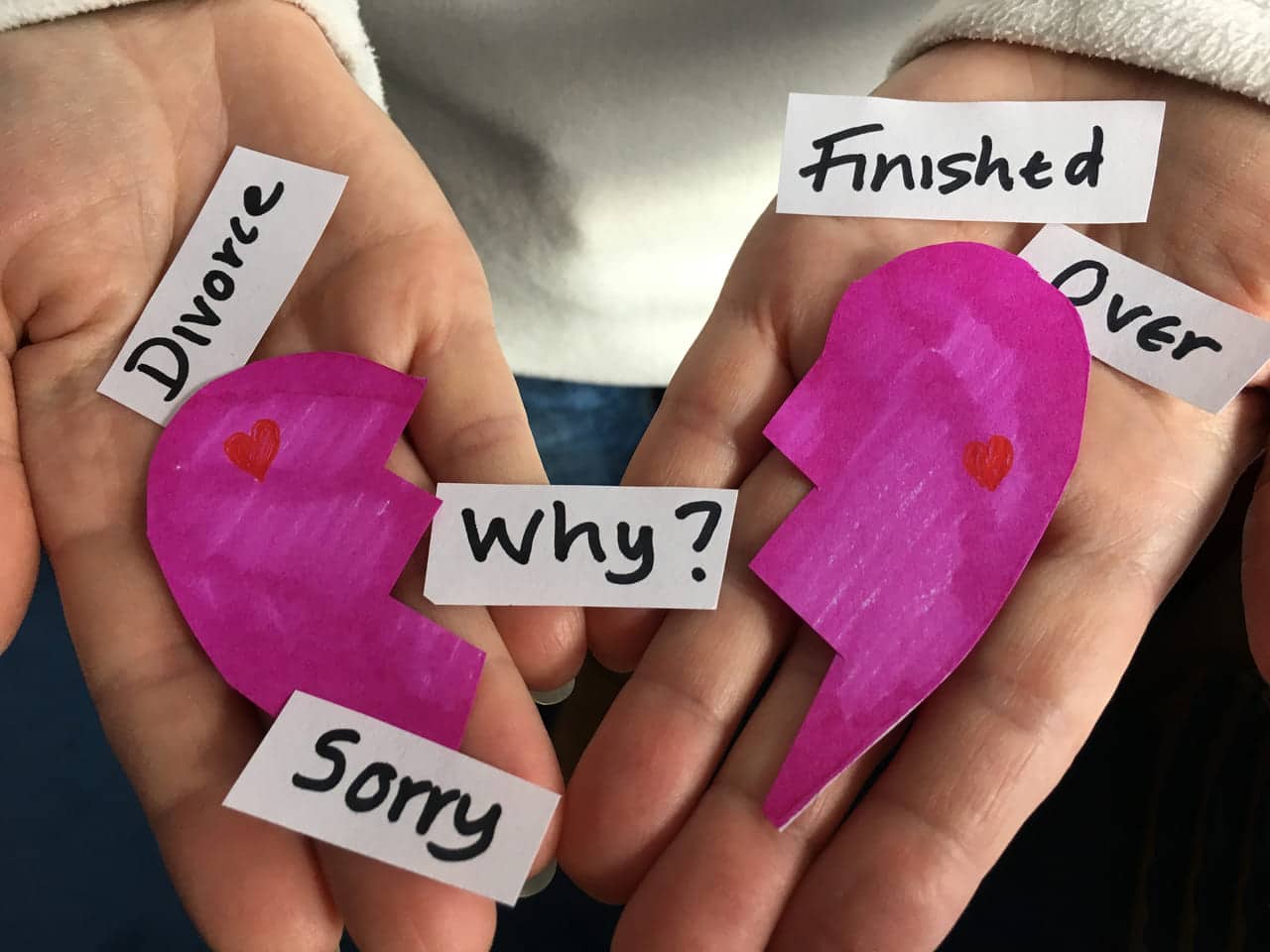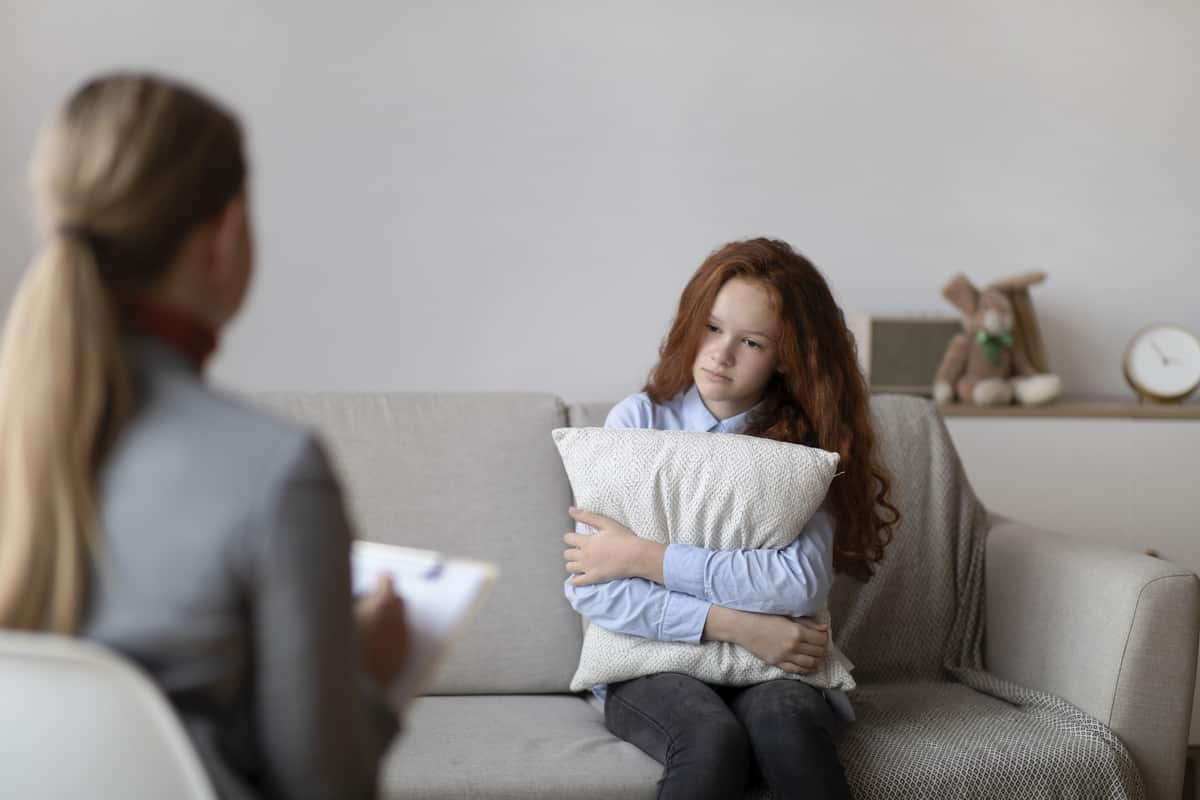“Friendship is the marriage of the soul, and this marriage is liable to divorce.”
Voltaire

In This Article
- Establish open lines of communication
- Use respectful language
- Practice active listening
- Set clear boundaries and expectations
- Put children’s needs first over personal conflicts
- Make important decisions about children together
- If necessary, seek professional mediation or counseling
- Discuss with your ex-partner only the upbringing of children, not personal problems
- Celebrate important events and achievements of children together
Establish open lines of communication
Choose in-person conversations – while technology has made it easier to communicate via text messages or emails, in-person conversations provide an opportunity for non-verbal cues and emotional connection;
Choose a neutral atmosphere – this will help reduce tension and create a calmer atmosphere for discussions;
Be attentive when communicating with your ex-partner, show compassion and understanding, and actively listen to his problems and needs;
Set clear boundaries – this will help prevent misunderstandings or conflicts. Clearly define the topics that need to be discussed and agree on a suitable time for communication.
By establishing open lines of communication with former partners, people can work together more effectively to create a supportive environment for their children and help build healthier post-divorce relationships.
Use respectful language
Be attentive to your tone – use a calm intonation in communication, as this will help prevent misunderstandings and a defensive position;
Avoid accusations or criticism and instead of pointing fingers at mistakes, focus on expressing your feelings and needs without attacking the other person. This will contribute to a more constructive dialogue;
Use “I” statements to express your feelings, rather than making assumptions about the other person’s intentions or actions
Show empathy for someone else’s point of view – try to understand another person by putting yourself in their place.
By using respectful and sensitive language when communicating with your ex-partner, you can create an atmosphere of mutual respect and understanding, which will contribute to the establishment of a peaceful relationship after the divorce.

Practice active listening
When you engage in a conversation with your ex, eliminate distractions and focus only on what they are saying;
By maintaining eye contact, you demonstrate that you are actively participating in the conversation and appreciate what is being said to you;
During the discussion, try to paraphrase or summarize what your ex-partner said. This shows that you are actively listening and understanding her point of view.
If there is something you do not fully understand or need additional clarification, ask open-ended questions to encourage more detailed explanations;
Avoid interrupting and let your ex-partner finish before responding to his words. Interruption can create strain in a relationship and hinder effective communication.
By taking the time to actively listen to one another, individuals can contribute significantly to fostering mutual understanding. Such efforts are pivotal in cultivating a more constructive dynamic post-divorce, ultimately leading to a healthier relationship. Additionally, this empathetic approach can play a crucial role in alleviating the typical stress often linked with the aftermath of a breakup, which is particularly relevant considering the average cost of divorce in NY.
Set clear boundaries and expectations
Determine the preferred methods of communication with the ex-partner and set boundaries regarding when and how often you will communicate;
Agree on a framework for dealing with difficult topics such as parenting decisions or financial matters. This will require setting aside time to discuss these topics or creating a safe space where both sides can express their concerns without fear of judgment;
Outline the responsibilities of each parent regarding child care, decision-making, and other shared obligations. Having clear expectations helps minimize misunderstandings and promotes collaboration;
Develop strategies for resolving disagreements respectfully. This may include seeking mediation or using co-parenting resources to find mutually beneficial solutions.
Establishing well-defined boundaries and expectations within post-divorce relationships can pave the way for productive communication, mutual respect, and harmonious cooperation. These guidelines not only contribute to a conducive atmosphere for positive co-parenting but also offer emotional support on the divorce, aiming to alleviate the stress and conflict that often accompany it.

Put children’s needs first over personal conflicts
Remember that the ultimate goal is to create a stable and loving environment for your children. Put their needs ahead of any personal conflicts or disagreements with your ex;
Work together with your former partner to make important decisions about your children’s education, health care, and extracurricular activities. This promotes a sense of unity and consistency in children;
Consistency is key when it comes to raising children after divorce. Establishing consistent routines and rules helps ensure stability and safety for children;
Create an environment in which both parents feel comfortable discussing any issues related to raising their children. Open lines of communication promote an effective co-parenting relationship.
By choosing the needs of their children over personal conflicts, people can develop healthier relationships after divorce. This not only contributes to the well-being of the children but also creates a more harmonious overall co-parenting dynamic.
Make important decisions about children together
Keep each other informed about important aspects of the children’s lives, such as school events, medical examinations, or extracurricular activities;
If possible, involve both parents in making important decisions about the children. It promotes the development of a sense of joint responsibility and helps to maintain good relations after divorce;
If you find it difficult to reach an agreement on certain issues, seeking professional help will contribute to a productive discussion;
Recognize that both parents may have different perspectives or priorities. But if you find common ground and are open to compromise, it will lead to more harmonious decision-making processes.
By working together in making important decisions about their children, parents will be able to set the right priorities where their children’s well-being will come first. And this will not only help improve the relationship after the divorce but also create a stable environment for the children after the divorce.

If necessary, seek professional mediation or counseling
If communication becomes difficult or unproductive, then turning to professional mediation can be a valuable step in resolving conflicts and improving relations with other parents;
Find out more about professionals who specialize in family mediation or counseling to make sure they have the necessary knowledge and experience;
Mediation sessions provide an opportunity for both parties to express their concerns and perspectives while working toward mutually agreed solutions. This promotes effective communication and helps rebuild trust between parents;
Divorce can be emotionally draining, so seeking individual or family counseling can help you cope with stress, improve your coping mechanisms, and improve your overall well-being.
By considering professional mediation or counseling services when appropriate, individuals can receive valuable guidance and support in rebuilding post-divorce relationships with other parents. These resources play a critical role in building healthier communication patterns, resolving conflict, and maintaining positive relationships that benefit the entire family.
Discuss with your ex-partner only the upbringing of children, not personal problems
When communicating with one of the parents, focus the conversation on issues related to raising children and their well-being;
Repeating old arguments or dwelling on personal conflicts can increase tension and prevent productive communication;
Clearly define which topics are suitable for discussion and agree to avoid discussing personal issues that do not directly affect parental responsibilities;
Instead of blaming or criticizing each other, focus on finding solutions that will benefit your children. Maintain a cooperative mindset to promote peaceful family dynamics after divorce.
When communicating, focus on issues related to raising children and avoid discussing personal problems. This helps create an environment conducive to effective co-parenting, promoting peaceful post-divorce relationships.

Celebrate important events and achievements of children together
Attend important events in your children’s lives together, such as graduations, concerts, or sports competitions. This will show the unity and support of your children;
Plan joint celebrations of birthdays or other important events. In this way, you will help create positive memories for your children and demonstrate that, despite the divorce, both parents care about the children;
Recognize and praise your children for their achievements in their personal or professional life. Acknowledging each other’s successes fosters camaraderie and respect.
By actively celebrating important events and achievements with your children, you show a united front, building a healthier relationship with them. This promotes a stable post-divorce environment and helps maintain positive relationships between all family members.







